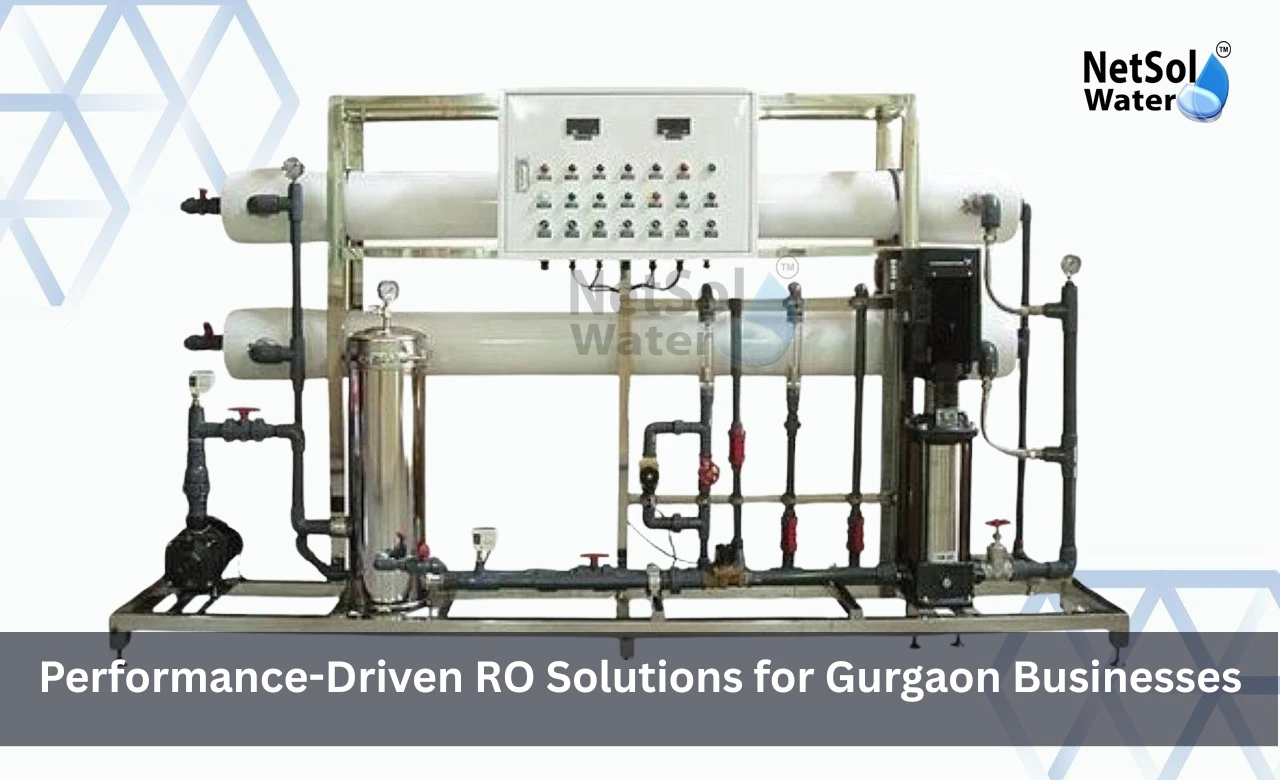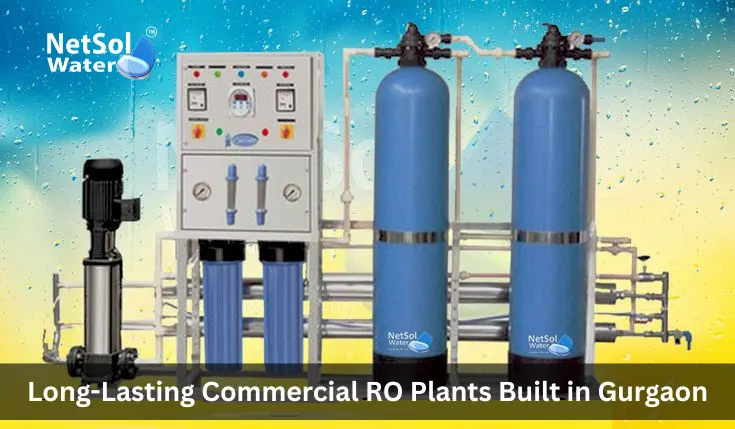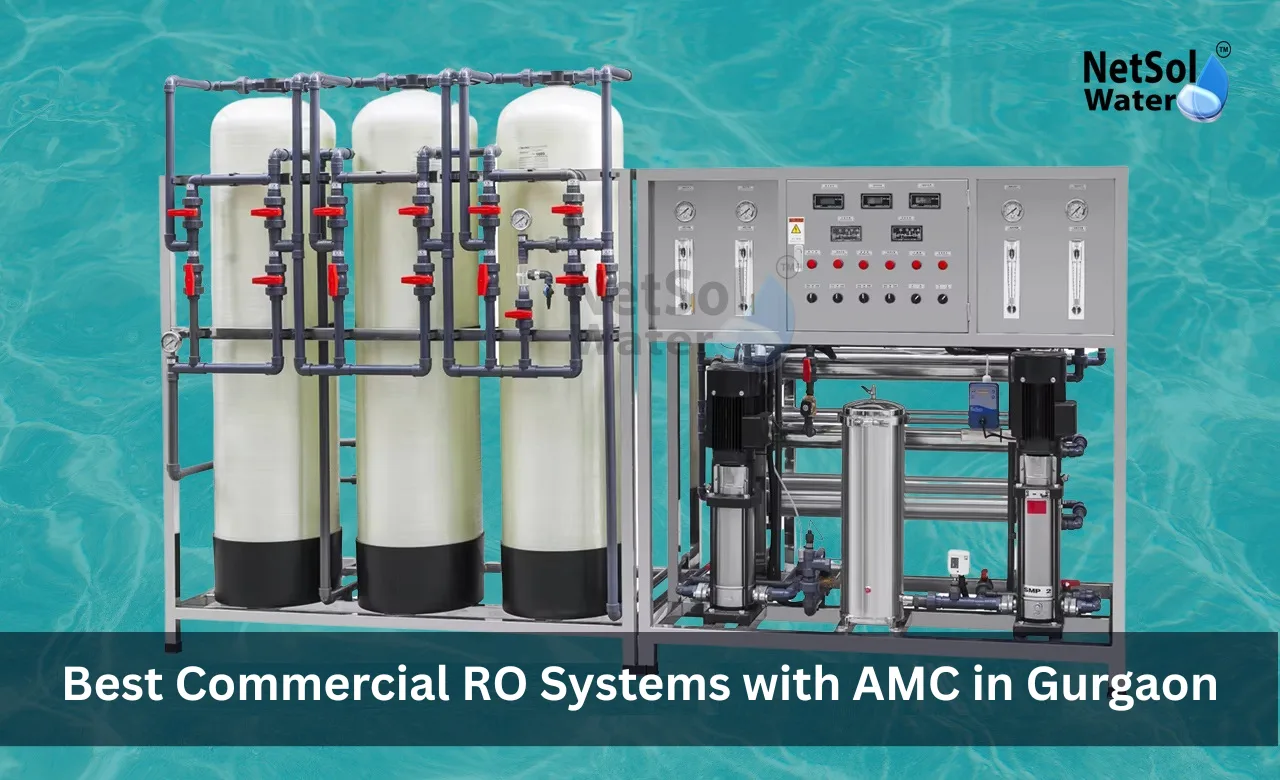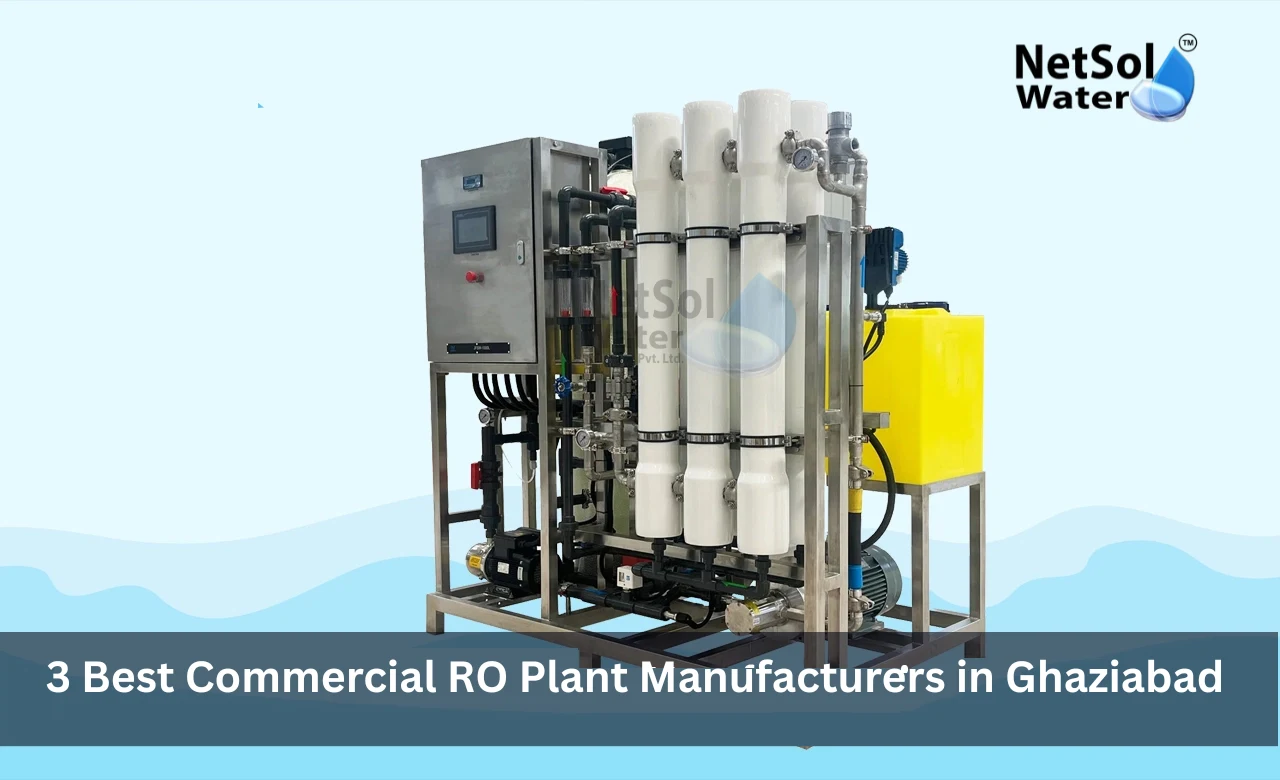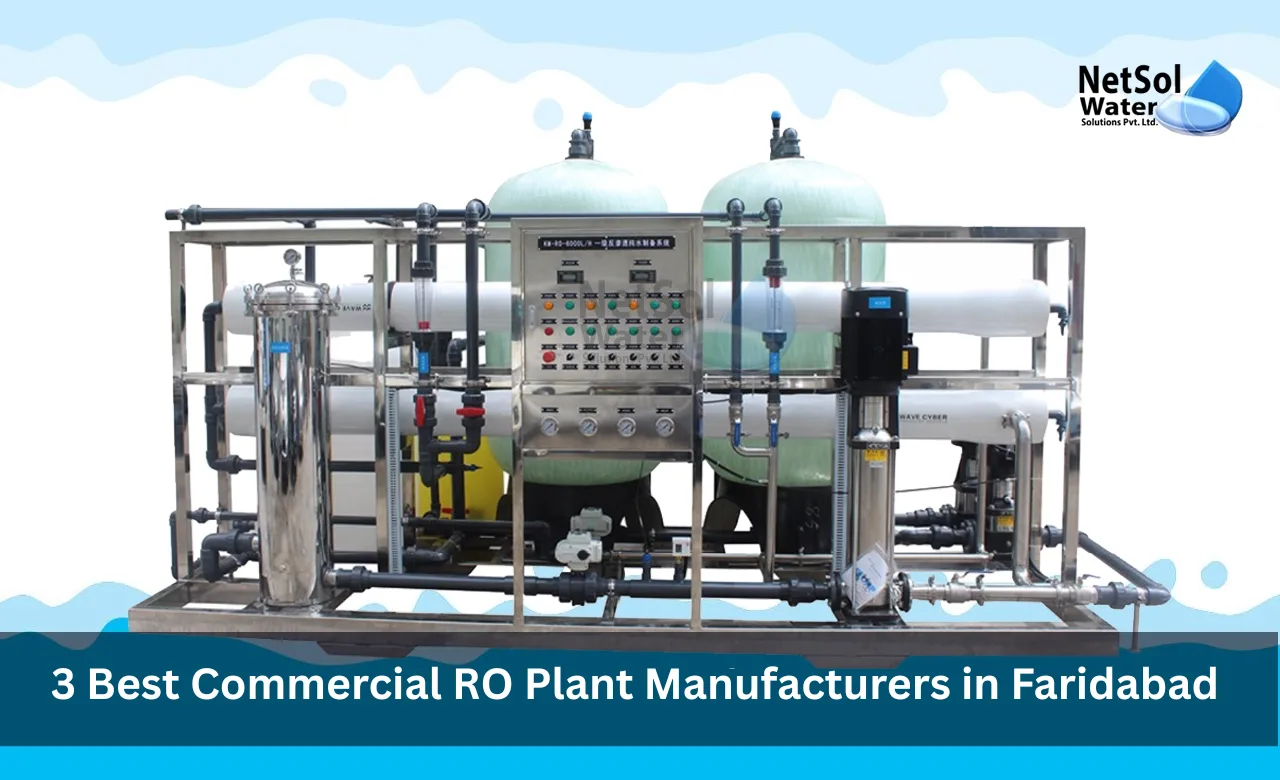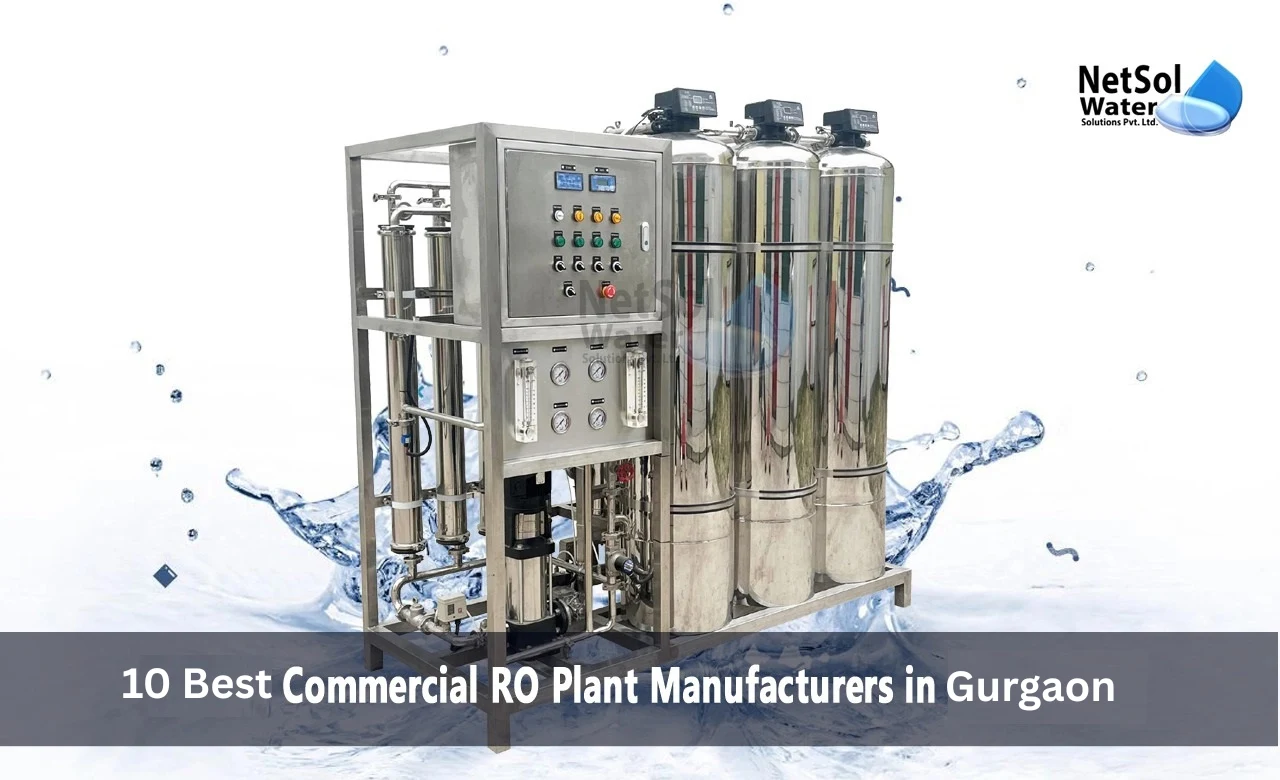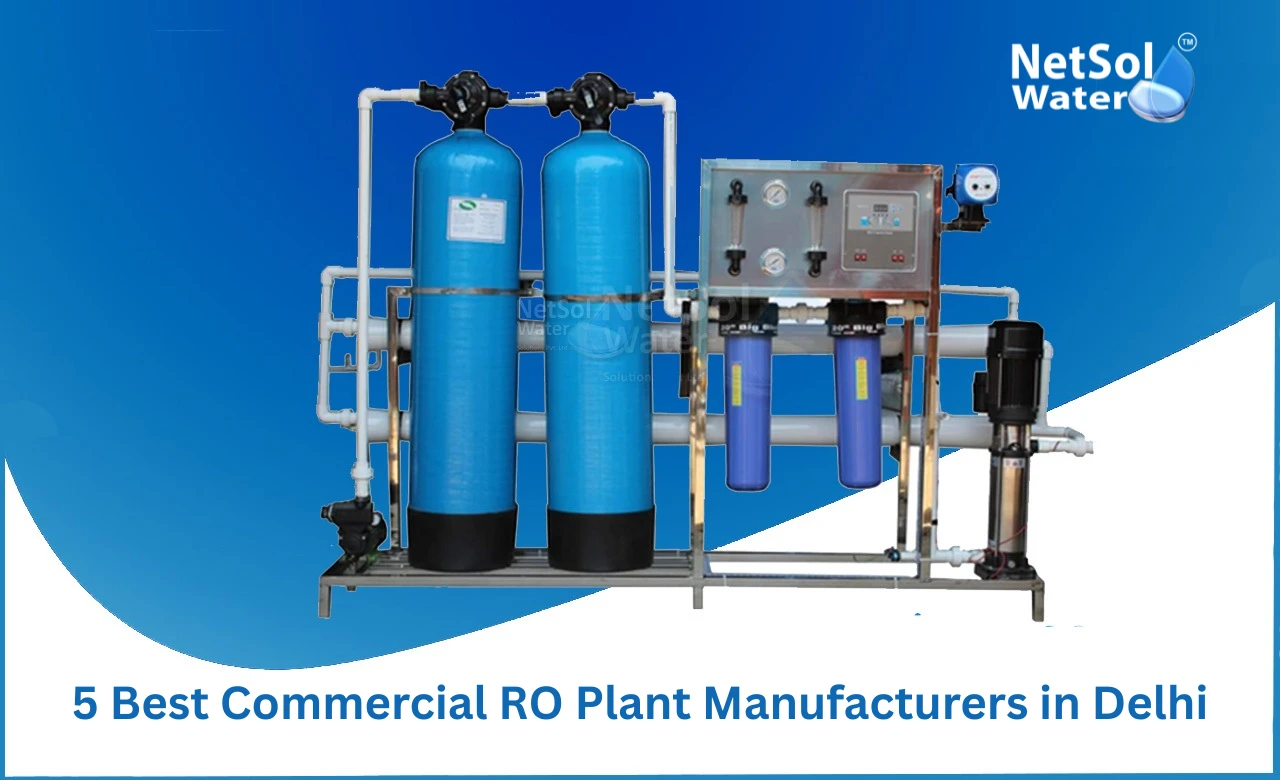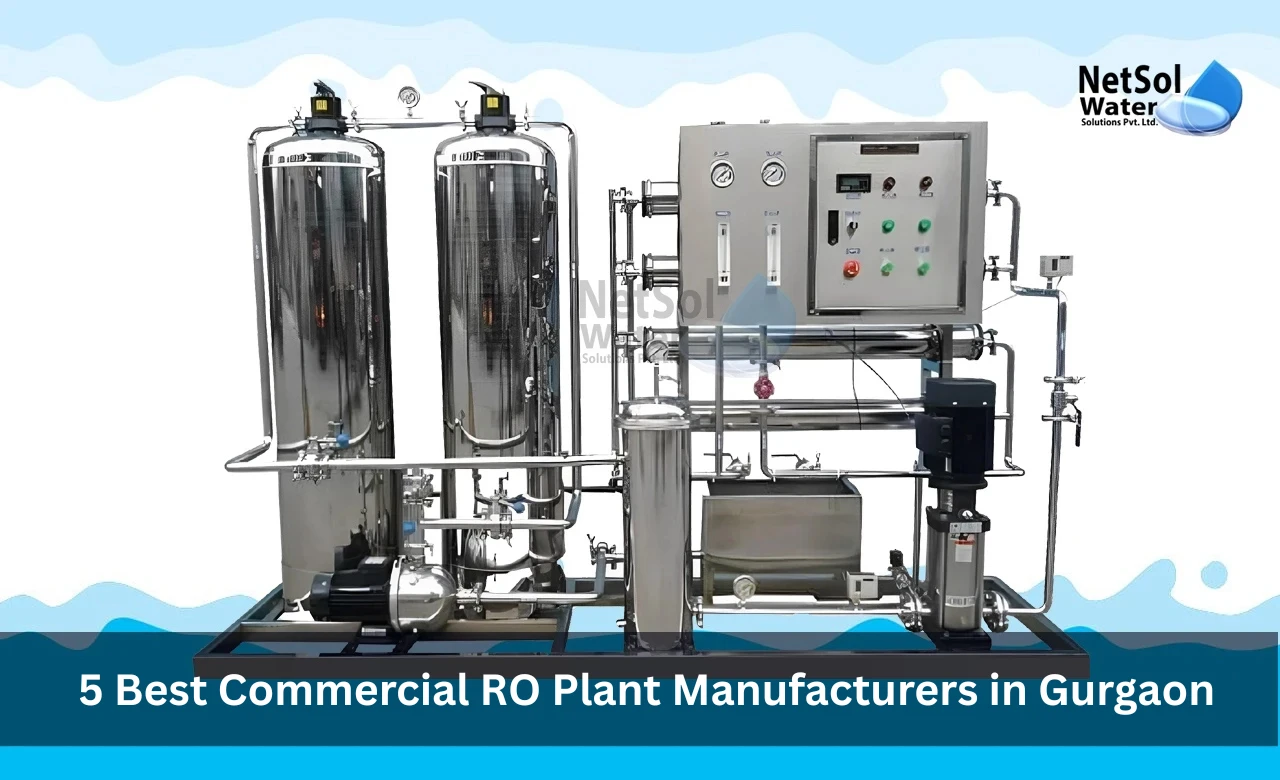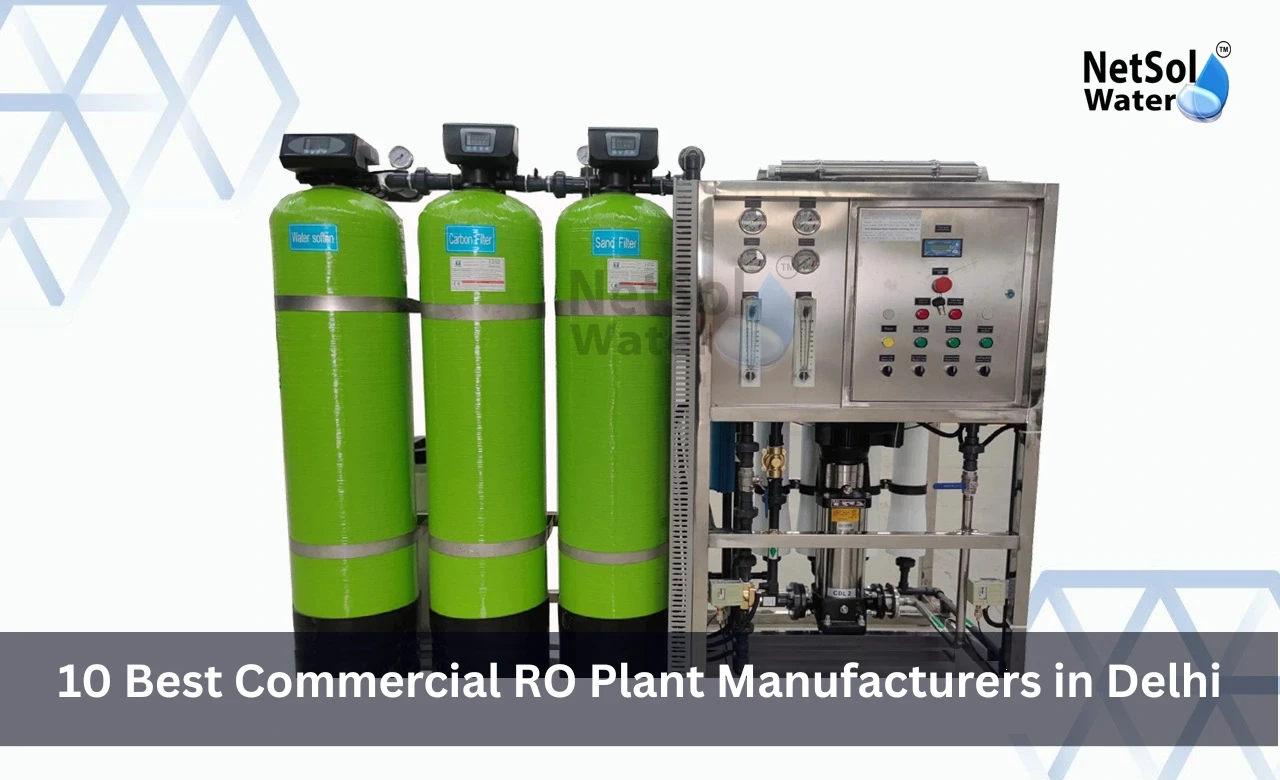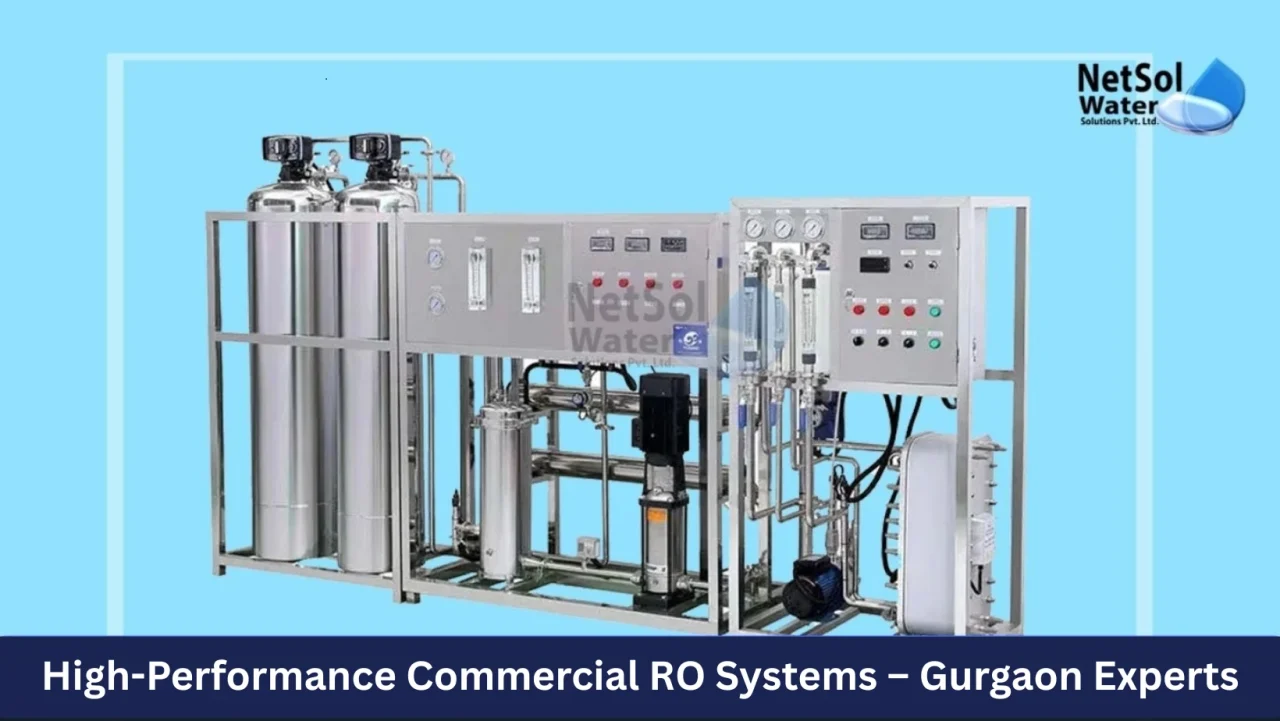Performance-Driven RO Solutions for Gurgaon Businesses
Gurgaon stands as a centre for many industries. These firms need safe water. Clean water supports health and work. Netsol Water leads as a Commercial RO Plant Manufacturer in Gurgaon. They make RO plants that meet local needs. They focus on high performance and simple use. Gurgaon firms see benefits in strong RO design. Many face hard water and varied quality. Good RO solutions solve these issues.
Importance of Performance in RO Plants
High performance lets RO work well each day and meet business needs. It prevents downtime and supports steady flow. Many firms need water for processes or for staff. They cannot pause work for water issues. They need systems that keep working. Let us have a look on some key aspects of performance in RO Plants.
Efficiency and Throughput in RO Plants
An efficient RO plant moves water fast and uses energy well. It meets demand without waste. Gurgaon firms may see sudden needs for more water. They run shifts and need supply at all times. Efficient design matches these shifts. It uses pumps that draw power in a measured way. It cleans water with minimal waste. It meets output goals each hour. It fits in space that firms have. It prevents extra electric load that could raise bills. It uses membranes that last long under local water conditions. It applies pressure that removes salts and contaminants.
Reliability and Consistency
A reliable RO solution avoids sudden stops that can harm processes. Gurgaon firms rely on steady water for cooling or for product mix. They need consistent quality to meet internal rules or external norms. A design that uses quality parts and smart controls can sense and adjust to feed changes. It cleans membranes to avoid clog. It alerts when parts need check or change. It holds pressure to remove salts each cycle. It keeps performance within set limits.
Custom RO Solutions for Gurgaon Businesses
Custom solutions fit specific needs and bring true value. Gurgaon hosts varied sectors from IT firms to food units. Each sector sees unique water demands. Netsol Water studies these demands and shapes RO designs. Let us have a look on some steps to build personalized solutions by leading Commercial RO Plant Manufacturers in Gurgaon.
Assessing Water Quality and Business Needs
A good start checks feed water quality. Gurgaon water may vary across sites. It may hold minerals or organics or microbes. Netsol Water tests local samples and notes patterns over weeks. They check seasonal shifts in water hardness or turbidity. They talk to teams on water use patterns. They learn volume needs each shift or each process.
Designing Personalized RO Plants
After assessment they shape the design. They pick membranes suited to local feed. They size pumps to match flow needs and available power. They choose modules that fit plant layout. They design pre treatment steps such as sediment filters or carbon filters to protect membranes. They plan for automatic controls that adjust pressure or backwash cycles. They set alarms for feed drop or part wear. They add options for future capacity addition. They design plumbing and piping to link to process points. They ensure easy access for periodic checks. They add local monitoring panels for staff to view status. They plan spare part kits for quick fixes. They integrate digital logs for performance tracking. They train staff on simple checks and cleaning. They schedule visits for calibration or part change. They verify design meets quality norms each test cycle. They hand over a plant that fits physical site and process flow.
Maintenance and Support for Lasting Performance
Strong design needs care for long life and steady function. Maintenance and support keep RO plants performing well. Gurgaon firms need quick help when parts fail. They need clear plans for routine checks. Netsol Water offers upkeep services that match local needs. Let us have a look on some key practices.
Scheduled Service and Monitoring
A clear schedule sets dates for checks on filters pumps and membranes. Teams inspect pressure readings and flow rates. They log data and share with service experts. They watch for early signs of fouling or drop in output. They test water quality at output points. They check for leaks or wear in pipes. They clean or replace pre filters to protect membranes. They clean membranes through recommended cycles. They flush lines to avoid scale or bio growth. They review energy use to spot inefficiencies. They update software or controls when updates arrive. They set alerts for abnormal readings. They train staff on simple daily checks. They keep records to spot trends. They plan part replacement before breakdown. They align service visits with production schedules.
Timely Repairs and Upgrades
Netsol Water keeps spare parts ready for Gurgaon sites. They dispatch technicians when alerted. They repair pumps or valves or controls without delay. They test fixed parts to confirm function. They replace membranes when they near end of life. They upgrade modules when new options boost efficiency. They add sensors or controls to help staff monitor better. They update software that runs automation panels. They fit improved components that save energy or water.
Conclusion
Netsol Water as Commercial RO Plant Manufacturer in Gurgaon meets needs and drives success. Businesses gain clean water that meets their process and staff needs. Experts guide on design, maintenance and upgrade over time. Teams see fewer stoppages and lower cost from waste or breakdown. Reach out to Netsol Water for more details on performance driven RO solutions. Ask for a consultation to discuss your water needs and site specifics. Work with a partner who builds and supports systems for lasting performance. Contact Netsol Water to start a plan that fits Gurgaon business goals.
Phone: +91-965-060-8473
Email: enquiry@Netsolwater.com

